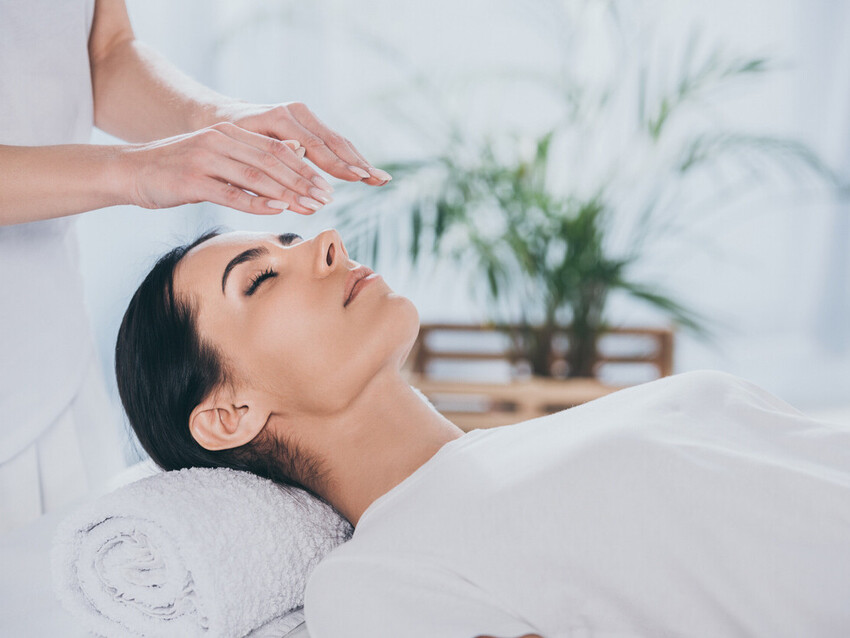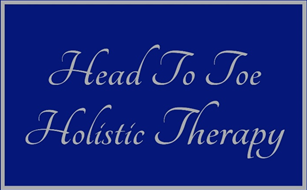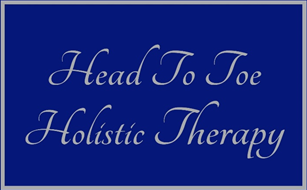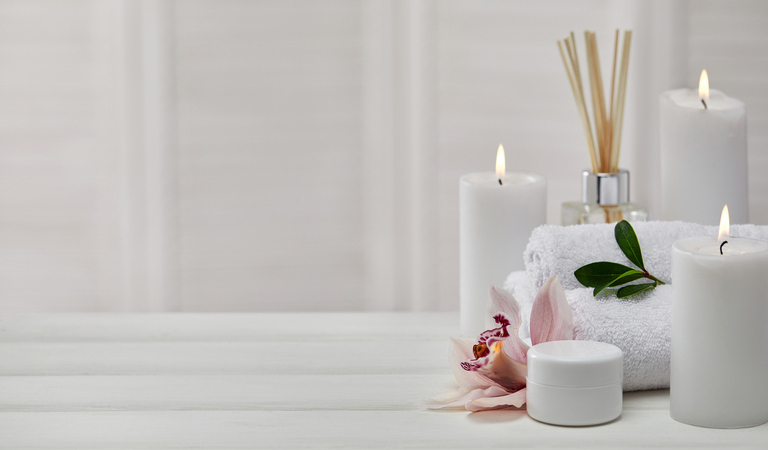
Reiki is an ancient Japanese energy healing technique, although its current form was developed in the early 20th century. It’s a complementary or alternative health approach that does not necessarily directly cure diseases or illnesses but instead is used to manage symptoms and improve general well-being.
During a reiki session, the practitioner places their hands either directly on you or just above you to bring about healing. The belief is that the practitioner can stimulate your body’s natural healing abilities. In doing so it is believed to help reduce pain, anxiety, and fatigue. It may also help to reduce fatigue.
Scientific studies have found that people being treated for cancer who received reiki treatments in addition to regular medical care had lower levels of pain, anxiety, and fatigue.
Another study into using reiki on women following caesarean delivery found that reiki significantly reduced pain, anxiety, and the breathing rate in women 1-2 days after giving birth. The need for and number of analgesic pain killers was also reduced.
Also, another recent study compared the use of reiki to physiotherapy for relieving lower back pain in people with herniated disks. Both treatments were found to be equally effective at relieving pain, but reiki was more cost-effective and, in some cases, resulted in faster treatment.
Reiki can be used to help people with:
• Depression and anxiety.
• General symptoms of mood and well-being.
• General pains and headaches.
• Tension.
• Insomnia, sleep patterns and relaxation.
• Nausea.
It is non-invasive, without any known harmful side effects, but not intended to replace any doctor-approved treatment plan.



